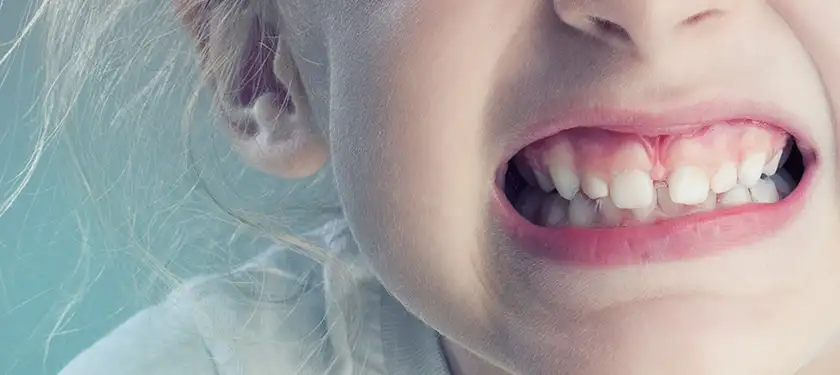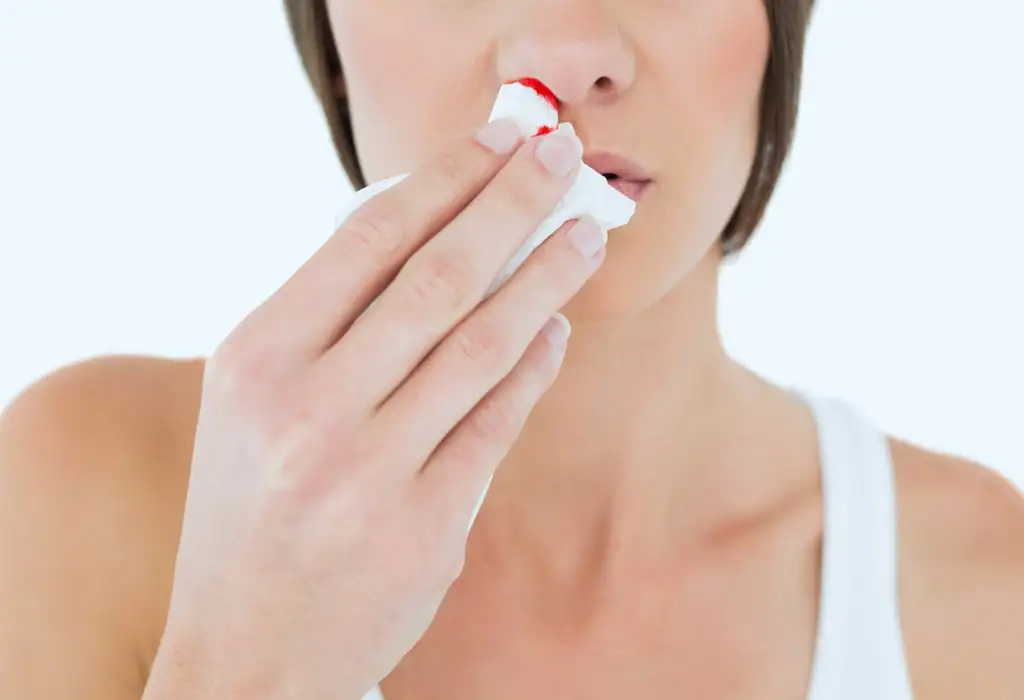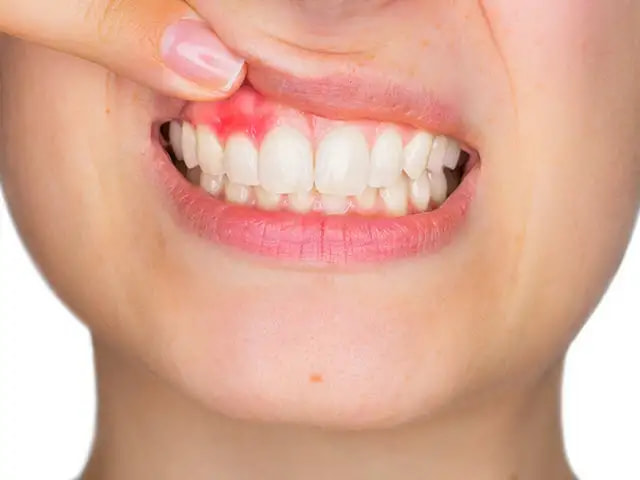- Home

- Bleeding Gums

- Pregnancy Gingivitis, how do hormones affect your gums?
In this Article
Bleeding Gums
Pregnancy Gingivitis, how do hormones affect your gums?
Updated on 29 January 2022



Medically Reviewed by
Kusum Sabharwal
Obstetrician & Gynecologist - MBBS| DGO
View Profile

Why and how pregnant women get exposed to the risk of Gingivitis?
Motherhood is a diverse bundle of mixed handouts, it fills your heart with joy, at the same time it also exposes you to few difficulties. Gingivitis is one of them.
Why me?
You are not alone in this. Almost 60-70% of pregnant women experience Gingivitis, the inflammation of gums and plaque build-up during their pregnancy. It usually starts with week 5 and peaks up during the third trimester. The increased levels of progesterone hormone in pregnancy cause greater secretion of bacteria in the mouth. The advanced stage of Gingivitis is Periodontitis that can spread down to the bone only to harm you even more.
Wake up time!!
If you notice a considerable amount of blood or pain during brushing or flossing your teeth, read the red sign, it may be Gingivitis. Other signals are to have tender, swollen, or puffy gums with bad breath which can further lead to tooth decay.
How to shoo away the stinky monster
-
This is the way you brush your teeth: Practice good oral hygiene and brush thoroughly at least twice a day by spending good 3-4 minutes. Make sure to use an anti-plaque toothpaste to help protect your teeth from decay and gingivitis. Rinse carefully to access hard-to-reach places too. Floss at least once to avoid bacteria or trapped food build-up.
-
Healthy food equals to problem-free teeth: Over time, sugars and starches present in soft drinks and candies, etc. attack your teeth and gums. Choosing water over canned juices or milk over sodas will save you from other over-all health issues. A wide variety of fruits, veggies, whole-grains, and dairy products is advisable.
-
Swish the salt: Adding a sea salt gargle to your routine will not cost you much time or energy. Once you notice even minor swelling or bleeding while brushing you may quickly dilute 1 tablespoon of salt into 1 cup of lukewarm water. Take in big gulps of the mixture and swirl around then spit out to heal the inflammation.
-
Stay connected: Visit your dentist regularly even while pregnant, they can spot and root out the small problems before they start haunting you.
By being a little cautious from the beginning you may mark yourself safe from this extra trouble when you already have a lot to take care of. Happy brushing!





Medically Reviewed by
Kusum Sabharwal
Obstetrician & Gynecologist - MBBS| DGO
View Profile


Written by
Ishmeet Kaur
Ishmeet is an experienced content writer with a demonstrated history of working in the internet industry. She is skilled in Editing, Public Speaking, Blogging, Creative Writing, and Social Media.
Read MoreGet baby's diet chart, and growth tips

Related Articles
RECENTLY PUBLISHED ARTICLES
our most recent articles
Preschool
Which 6 skills are expected from a child to be ready for preschool?
Designing a Nursery
8 things to consider while designing your baby's nursery
Working Parent
If you're heading back to work after maternity leave then these 7 tips will help you ease the transition.

Teeth Grinding
Causes of Bruxism (Teeth Grinding) in Kids

Nose Bleeding
Nose bleeding during pregnancy
Fears & Phobias
Find out all about phobias in children and what can you do as a parent
- How foul air may affect fetal heart development
- How to spend some quality time with your baby after work?
- Do you want to make a successful return to work and wondering how to balance your career and family? Here are 7 tips for achieving a better work-life balance.
- How to throw a baby shower on a budget
- Learn what is Chorionic Villus Sampling (CVS) and all about the Purpose, Procedure, Risks & Results associated with it
- Super Boss: Four Women On Juggling Motherhood And Work
- How to check your pre-schooler's development with these 5 standard milestones.
- Top tips: What can dads do when the wife goes into labour
- Postpartum depression can be cured - Here's how you can help your wife
- When can babies see and how far?
- 5 amazing home remedies for cough and cold in toddlers
- These 6 fun activities are great for dad and baby bonding
- Treating UTI in toddlers
- Vomiting in Babies: Top 5 reasons why it happens & how you can prevent it?


AWARDS AND RECOGNITION
Mylo wins Forbes D2C Disruptor award
Mylo wins The Economic Times Promising Brands 2022
AS SEEN IN
















At Mylo, we help young parents raise happy and healthy families with our innovative new-age solutions:
- Mylo Care: Effective and science-backed personal care and wellness solutions for a joyful you.
- Mylo Baby: Science-backed, gentle and effective personal care & hygiene range for your little one.
- Mylo Community: Trusted and empathetic community of 10mn+ parents and experts.
Product Categories
baby carrier | baby soap | baby wipes | stretch marks cream | baby cream | baby shampoo | baby massage oil | baby hair oil | stretch marks oil | baby body wash | baby powder | baby lotion | diaper rash cream | newborn diapers | teether | baby kajal | baby diapers | cloth diapers |





